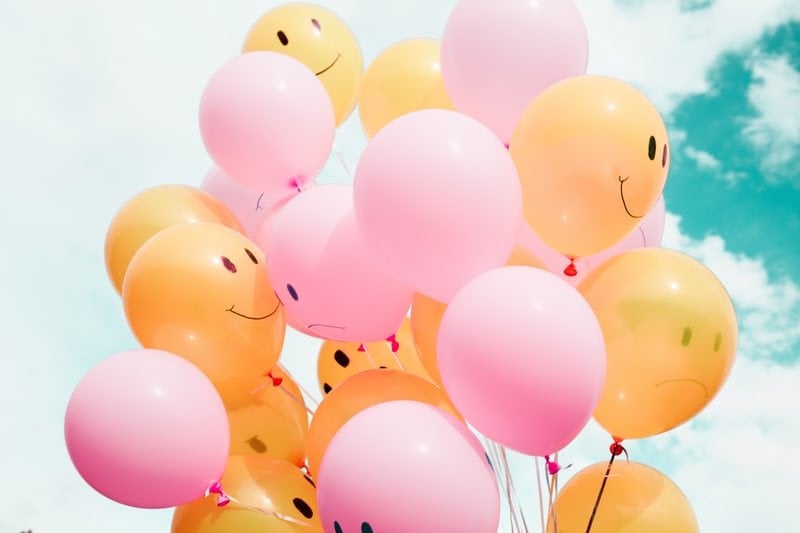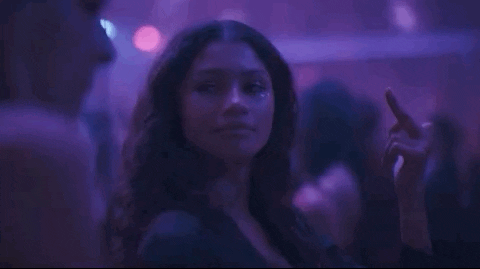Embarrassment is a feeling that has permeated many of my life experiences, and in some instances, every inch of my existence. Without a doubt, I believe that it’s a social construct — nothing’s embarrassing unless you believe it is. Our society has created a concept to explain the emotion evoked from errors we as humans are bound to make. Of course, embarrassment sometimes made me want to rip my hair out, especially after reflecting on how it could’ve been avoided in the first place. Still, I eventually realized the situation wasn’t as embarrassing as I made it out to be.
Being embarrassed helped me grow as a person in multiple ways and, ultimately, invigorated my sense of self. It has helped me discover myself on new levels, bond with others, and make irreplaceable memories that I cannot wait to tell my future family someday. After reading this article, I invite you to assess how embarrassment has led you to where you are today and what it has taught you. You may surprise yourself! But for now, please enjoy me “embarrassing” myself with the following short stories from my life below.
Love for Language
As a rambunctious seven-year-old, I would say whatever came to my mind, including how I felt. I also grew up with an undeniable fear of large dogs, which would cause me to have meltdowns in public sometimes. Once, while visiting my aunt’s house, her enormous dog chased me from the kitchen to the living room, and I instinctively jumped on top of her couch to escape him before he pounced. He barked multiple times, with his tail wagging rapidly, and I believed I had moments before he would attack (in reality, he wanted to play with me). I resorted to yelling for my aunt to come to take her dog away. While this all was happening, my mom was at the supermarket, and upon her arrival, she caressed me in her lap. After I explained what happened to my mom, I exclaimed: “Estoy embarazada!”
Growing up bilingual, I would face trial and error situations, in which I would confuse one word with another in the other language I spoke. In this case, I tried to translate “I’m embarrassed” to Spanish, but it resulted in “I’m pregnant.” This then led my mom to burst out laughing, appalled by how her seven-year-old daughter could be pregnant after jumping on a couch to escape her aunt’s dog. After my mom thankfully corrected me, I was relieved to have learned a new word in the process of using a word I thought meant something entirely different than what it did. I began to foster a love for language in myself, noting the consistencies and inconsistencies between the two I know.
Becoming a Public Speaker Virtually
One interest I developed over the past year was public speaking. I sought to improve my skills and decided to take a course on it held over Zoom. For my first speech, I had to introduce myself. I did this by rambling on about my extracurricular activities without fully explaining why they held importance to me. I tried to fit way too much into a short amount of time — we only had two minutes to share. At that point, it was as if I was doing horrible rapping about things like community service.
Though afterwards, I was embarrassed that I tried to do this, it taught me how to pace myself more when presenting ideas. Also, this was our first speech, so it was low stakes. I later learned how to deliver more meaningful messages, and I welcomed embarrassment because it meant that I was ambitiously cultivating my presence in front of others. I feel like most of us can relate to either being nervous before, during, after, or even all three when having to present. Just remember that you’re not the only one, and public speaking takes time to master.
College Orientation Week
Ah, orientation week at Kenyon. It brought me many new friendships and much stress. I feel that this palpable stress from being busy and going all around campus made itself visible to others when I introduced myself to a friendly new student. Masks can muffle one’s voice, so a student told me her name after introducing myself, except I heard it as a question. I shook my head “no,” which was the wrong move to make. Thankfully, I saved myself from not making a terrible impression; I asked her to repeat what she said and then apologized profusely for thinking she asked a question. As I retold this “embarrassing” story to other new friends, we laughed at my mistake and what led up to it. To the girl I did this to, I appreciate you for being so understanding and giving me the chance to embarrass myself, which then helped me grow. You’re a real one.
Some of the best advice I’ve received about embarrassment, which inspired me to write this article, was from my dearest friend Madeline via text. She once wrote, “Girl, it’s okay, you seem like you did everything you were supposed to. Don’t be so hard on yourself about it. People forget those kinds of encounters in seconds.” Her words still resonate with me whenever I encounter an “embarrassing” situation. Most people aren’t actively looking for the opportunity to embarrass you. If they are, drop them. Continue being yourself, and the right people will follow.






